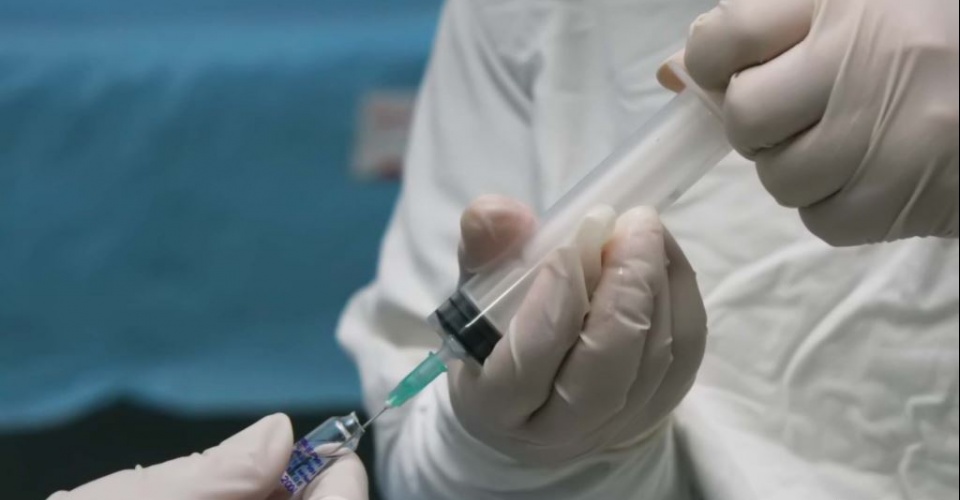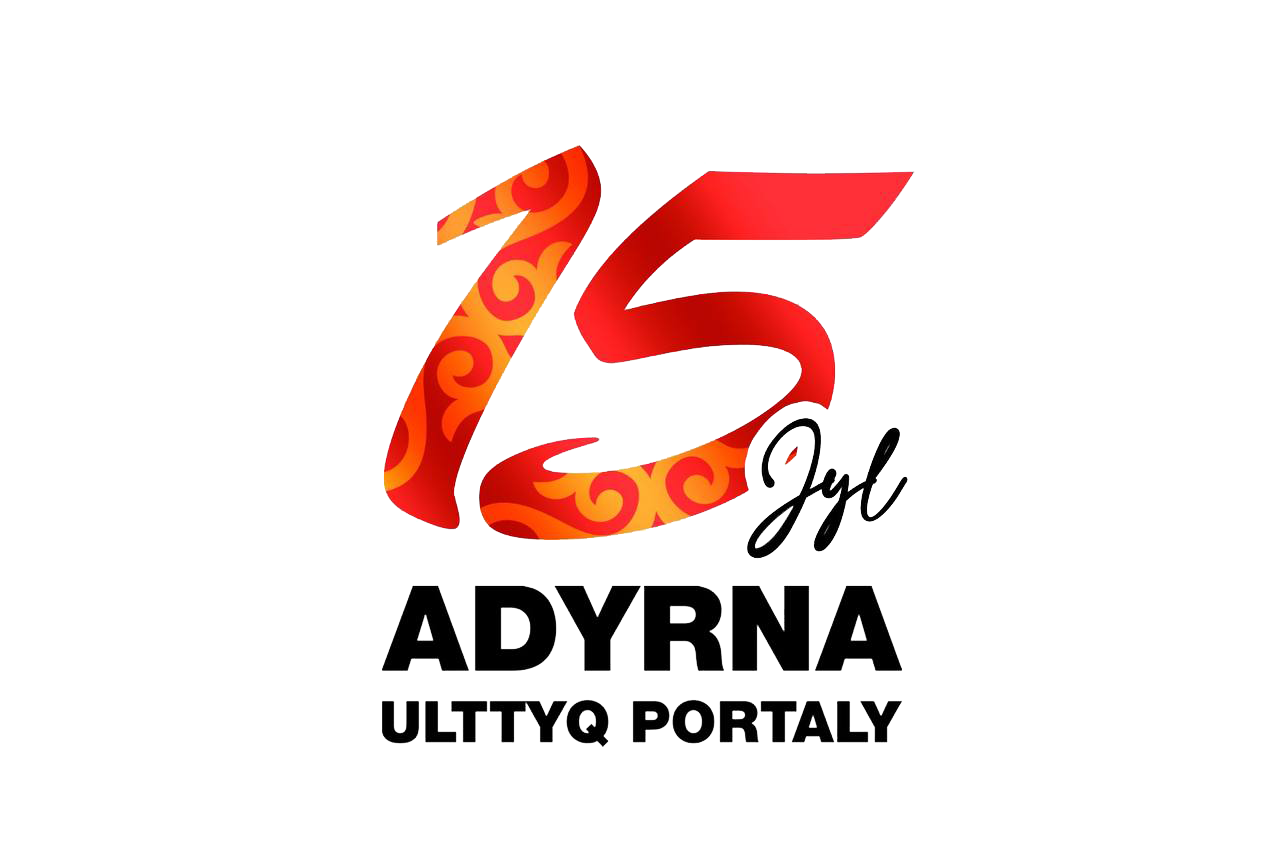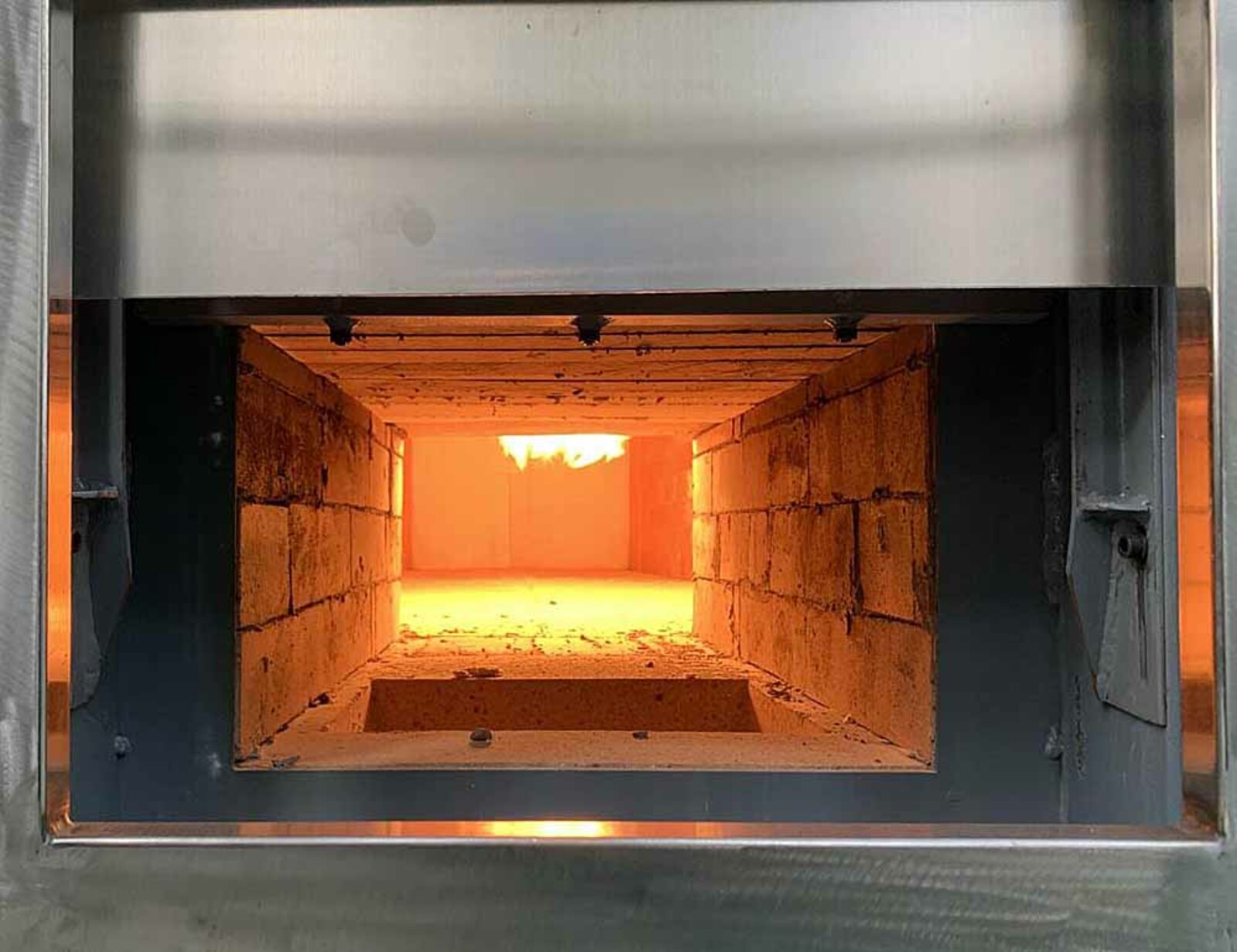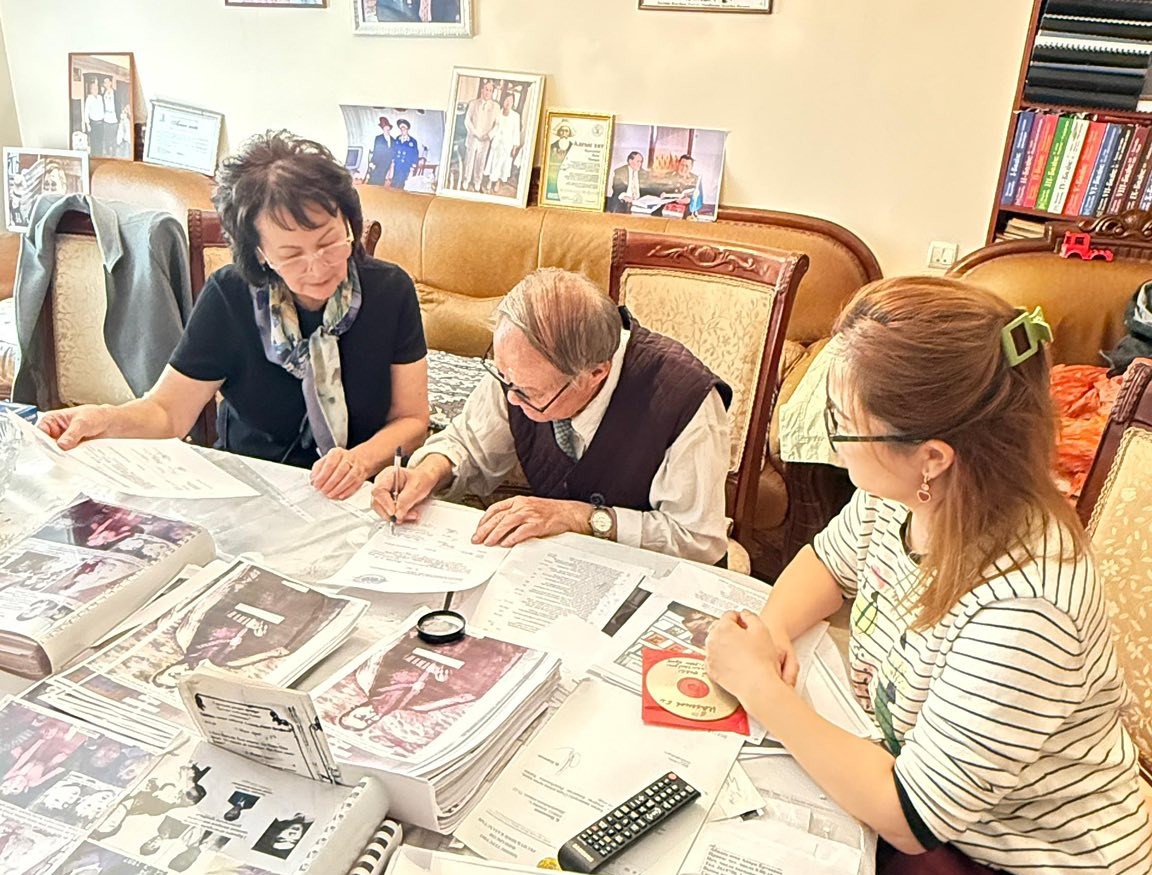“Due to the pandemic of coronavirus infection, many countries have begun to develop vaccines against COVID-19 coronavirus infection. Development of vaccines against the most dangerous infections for health in Kazakhstan. The Research Institute for Biosafety of the Committee of Science of the Ministry of Education and Science of the Republic of Kazakhstan has extensive experience in cooperation with the World Health Organization (WHO). The institute started preparing the vaccine in mid-March”, Adyrna reports with the reference to Kazinform.
According to the Ministry of Education and Science, this scientific organization unites the country's leading virologists working in 13 biological safety laboratories to work with dangerous infections. All hazardous and non-hazardous work is carried out in the laboratory of safety level 3 (BSL-3). It is a unique institution with more than 50 years of fruitful work and extensive experience in vaccine production.
The research of the institute is aimed at the development of new types of vaccines for medicine and agriculture, the production of immunobiological drugs, the development of test systems for the diagnosis of dangerous and especially dangerous diseases. In the last 10 years alone, the institute has developed seven new vaccines against the most dangerous infections, including avian and swine flu, nodular dermatitis, and brucellosis.
In terms of safety and immunobiological properties, the latter is much better than other vaccines against this disease. In addition, in 2020, scientists from the Research Institute of Biosafety developed a vaccine against smallpox. Since the first patients infected with the COVID-19 virus were detected only in mid-March, the scientists obtained pathological material only on March 23.
Materials were taken from the first patients treated at the Infectious Diseases Hospital in Almaty and they were delivered to the Institute. In a laboratory with a level of protection BSL-3, a virus identified as SARS-CoV-2 (coronavirus) in VERO cell cultures was isolated from biological samples and its biological properties were studied.
As a result of a short period of scientific research, on May 9, scientists of the Research Institute released the first vaccine. On May 15, the World Health Organization (WHO) registered it on its website as a candidate vaccine for pre-clinical experiments. On the day of registration with the WHO, pre-clinical experiments of the vaccine on laboratory animals began: linear mice, Syrian hamsters, rats, guinea pigs, and rabbits, etc.
To date, the test results show that the vaccine meets the requirements of the WHO and the State Pharmacopoeia of the Republic of Kazakhstan on all parameters regulated by the WHO, in particular - toxicity, pyrogenicity, allergenicity, immunogenicity.
In addition, the research institute is testing the vaccine in primates with high antibody titers that show immunogenicity. Clinical experiments of the vaccine will begin soon after the completion of pre-clinical studies. The research institute is also developing three more vaccines on different platforms: co-vaccine against SOVID-19, vector and live candidate vaccines.
Recall that the Ministry of Health said that vaccination is an effective way to protect against infectious diseases. Kazakhstanscientists have developed 7 vaccine technologies.
In general, Kazakhstan is working on five prototypes of the coronavirus vaccine. Citizens interested in the development of the COVID-19 vaccine can read a general overview of vaccine applicants on the WHO website. The list of candidates for the vaccine is constantly updated. The candidate vaccine against coronavirus infection developed by Kazakh scientists will be tested in the autumn. Experts also told when the coronavirus vaccine will be ready.
According to precursory estimates, in Kazakhstan, the coronavirus vaccine will be given to people over 65 years of age, at-risk people with cardiovascular disease, diabetes and chronic lung disease, and health care workers. The estimated number of vaccinated people is 2,347,000.
The national portal “Adyrna”


















